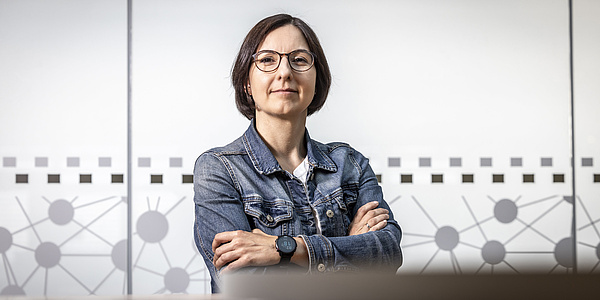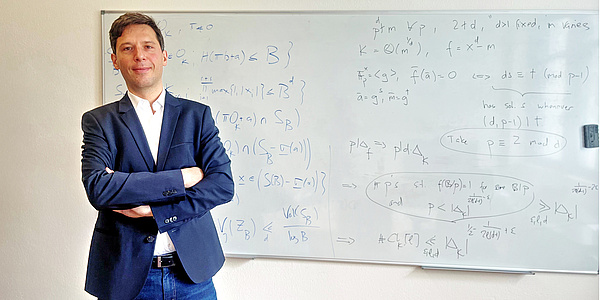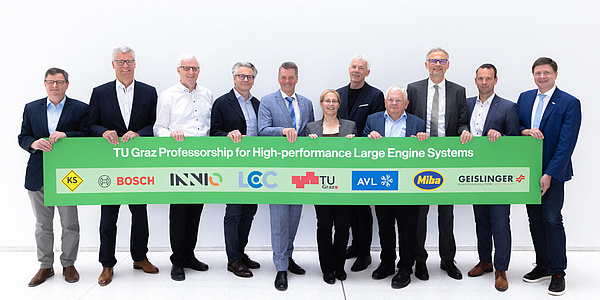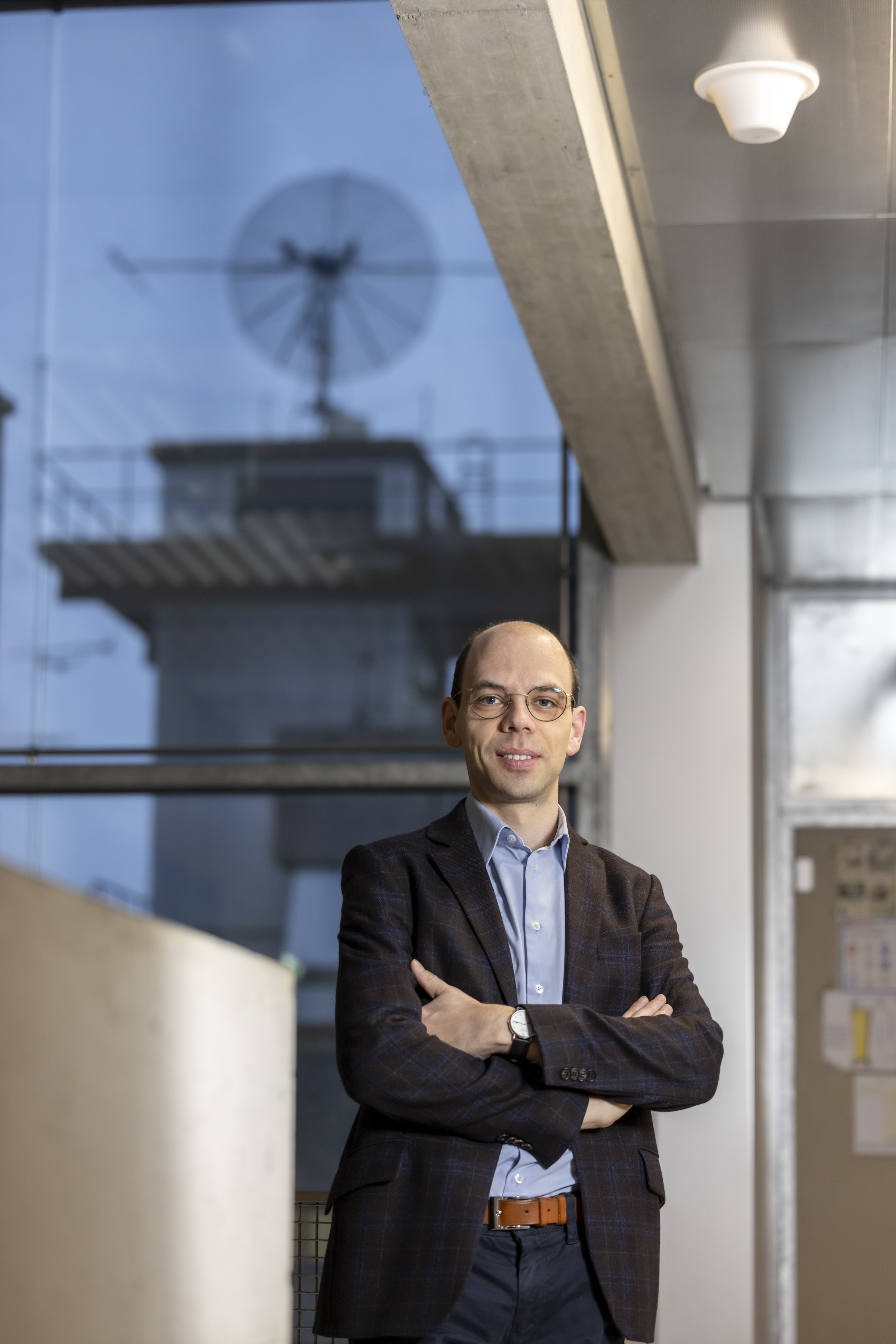New Endowed Professorship for Acoustics and the Effects of Environmental Noise at TU Graz
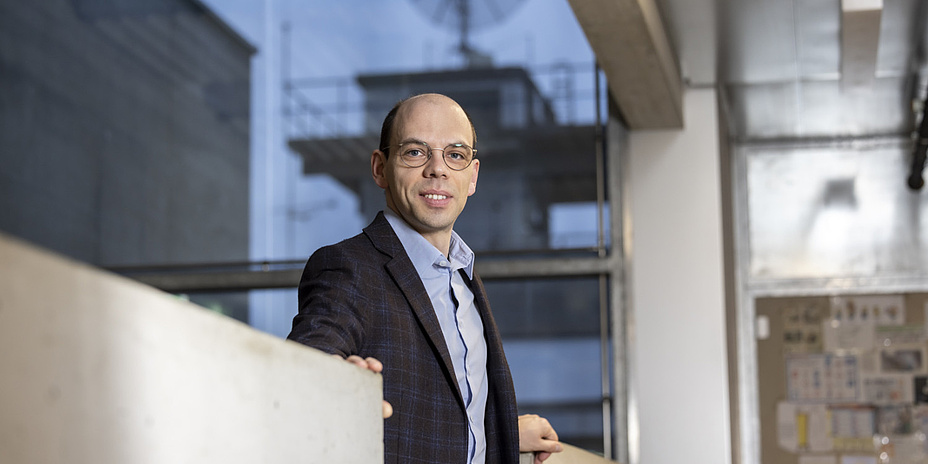
Every third person in Austria feels disturbed by noise, the most frequent causes being traffic, building sites and neighbours. Apart from hearing damage, excessively loud sound can upset our autonomic nervous system, with sleep disorders and cardiovascular diseases as possible consequences. Christian Adams has been conducting research on how noise can be reduced by technical means since the beginning of December as Professor of Acoustics and Environmental Noise at Graz University of Technology (TU Graz). His endowed professorship - officially titled "BMK Stiftungsprofessur Lärmwirkungsforschung: Kompetenzstelle für Verkehrslärm und Gesundheit" - will be financed for the first five years by the Federal Ministry for Climate Action, Environment, Energy, Mobility, Innovation and Technology as well as the Austrian Airports Association, ASFINAG, AVL, KTM R&D, LINZ AG LINIEN, ÖBB and Wiener Linien.
Improving metamaterials
“Our aim is to minimise noise as close to the source as possible. Ideally, unwanted noise should not be generated in the first place,” says Christian Adams. “In the second-best scenario, attempts are made to contain it – examples include noise barriers or encapsulated machines.” One focus of his work is on developing new approaches to noise protection and optimising existing ones. These include so-called metamaterials, which can be produced using 3D printing technology. Thanks to their special surface structure, they can partially absorb sound. “Conventional absorbent materials often have a poor carbon footprint. There is still a lot of potential for improvement.”
Calculating noise pollution intelligently
Another aim of the new professorship is to develop intelligent noise maps. Classic noise maps are based on experiments and simulations, but they do not reflect the superposition of different sound sources and their variations depending on the time of day or weather conditions. “An intelligent noise map, on the other hand, would continuously incorporate numerous measurement data so that the noise pollution could be precisely calculated at a desired point in time,” explains Christian Adams. As a result, noise protection measures could be implemented more effectively.
Understanding the effects of noise better
In technical acoustics, sound is measured using parameters such as the sound pressure level (dB) and also described using psychoacoustic metrics such as roughness and sharpness. But these merely reflect human perception. However, how sound or noise affects the human body and psyche in detail has hardly played a role in technical acoustics to date. Christian Adams will work with the sponsoring companies and medical professionals to take into account the impact of noise on those affected more effectively when optimising technical noise sources.
New Master’s programme in engineering acoustics planned
There is a great need for highly qualified employees with a well-founded knowledge of acoustics. TU Graz is therefore planning a new Master’s degree programme in engineering acoustics. “Engineers learn little about acoustics up to now. We want to change that with the new degree programme,” says Manfred Kaltenbacher, who is involved in the planning as head of the Institute of Fundamentals and Theory in Electrical Engineering. “Students will be trained in technical acoustics, which will enable them to understand and plan noise protection measures accordingly. There are hardly any study programmes in this area across Europe.”
This research area is anchored in the Field of Expertise “Mobility & Production“, one of five strategic foci of TU Graz.
Would you like to receive the latest stories, news, research stories, interviews or blog posts from TU Graz directly on your smartphone or in your email inbox? Subscribe to the TU Graz Telegram newsletter free of charge.
Kontakt
Christian ADAMS
Univ.-Prof. Dr.-Ing.
TU Graz | Institute of Fundamentals and Theory in Electrical Engineering
Phone: +43 316 873 5982
christian.adams@tugraz.at
Manfred KALTENBACHER
Univ.-Prof. Dipl.-Ing. Dr.techn. Dr.h.c.
TU Graz | Institute of Fundamentals and Theory in Electrical Engineering
Phone: +43 316 873 7250
manfred.kaltenbacher@tugraz.at
